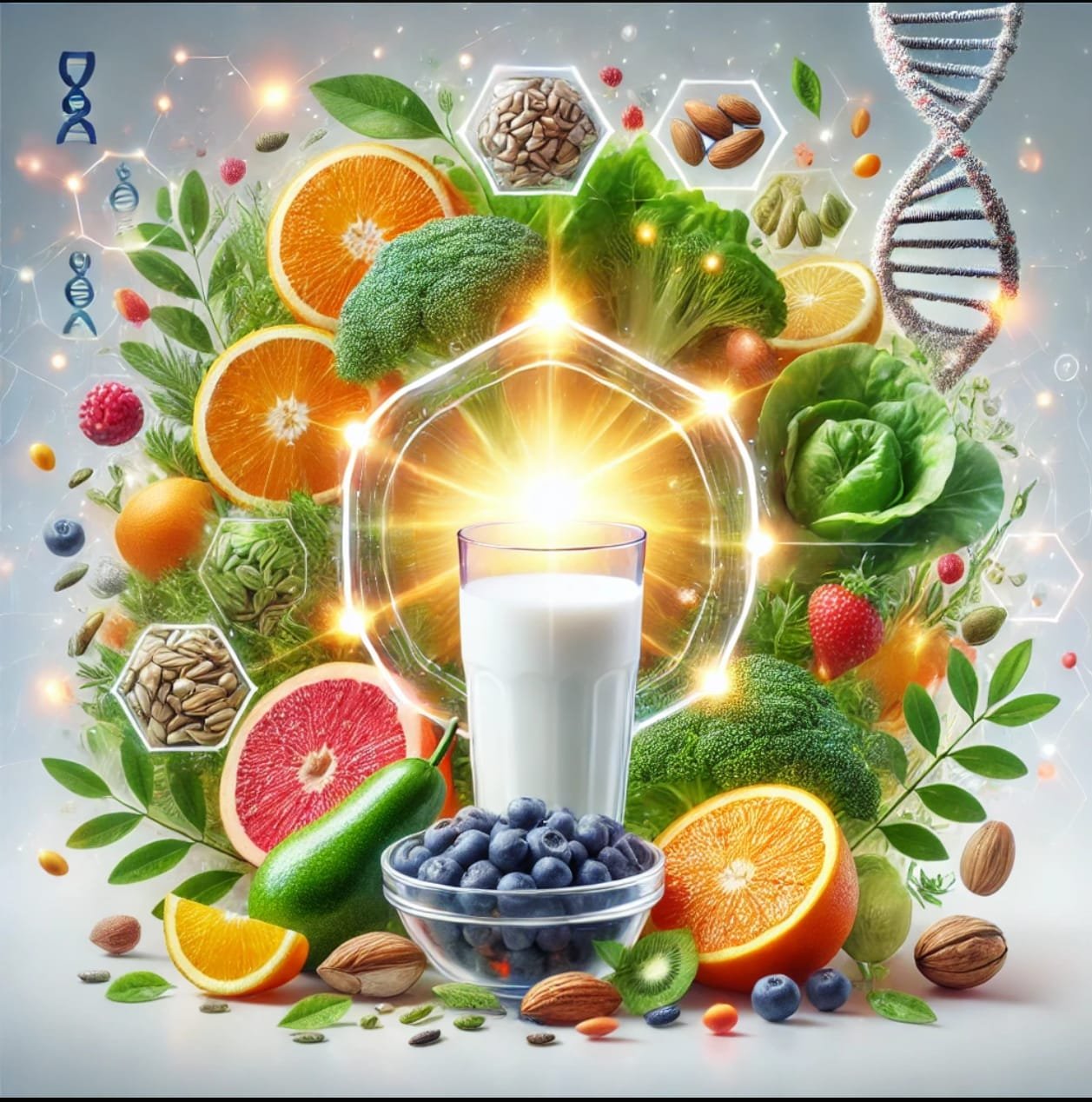Skip to content
Most Basic Nutrients for a Strong and Resilience Immunity:
- Vitamin C: Vitamin C is a marvelous antioxidant, helping to protect the cells from damage, support white blood cell production, and enhance natural body defenses. Sources include citrus fruits, berries, leafy green vegetables, and bell peppers.
- Vitamin D: However, vitamin D strengthens the immune system by regulating its cell production and reducing inflammation level. The primary source is sunlight, while fatty fish, eggs, and fortified milk also supply it.
- Zinc: Zinc is vital for the development and proper functioning of immune cells. It will synthesize and keep the little immune cells working, support wound healing, and fight infections. Must-have nutrients include oysters, beef, beans, and nuts.
- Iron: Iron appears to be produced for the flow; the main thing is it’s produced for use of red blood cells, which boost the oxygen flow from one end to the body. So if iron becomes deficient, the immune system becomes weak. Well, the essential sources of iron or what it inculcates include red meat, spinach, and lentils.
- Omega-3 Fatty Acids: Omega-3 Fatty Acids are anti-inflammatory compounds that reduce inflammation and support immune cell function. Must-have nutrients include fatty fish, flaxseed, and walnuts.
Some requisite micronutrients that ensure a potent defense in the immune system:
- Vitamin A: It promotes the formation of white blood cell defenses, cuts open the gates for infections, while also allowing good preservation of mucosal membrane and skin integrity. Carrots, sweet potato, and liver are all rich sources of vitamin A.
- Vitamin E: A very powerful antioxidant that lessens the chemical reactions that damages cells and enables immune function. Almonds, avocados, and spinach are allexcellent sources of vitamin E.
- Selenium: This helps produce infection-fighting white blood cells and may reduce the risk of cell damage from oxidative stress. Brazil nuts, seafood, and mushrooms.
- Probiotics: Probiotics consist of beneficial bacteria that live in the intestines. They support immune function by maintaining a balanced gut microbiota. You can find probiotics in fermented foods, including yogurt, kefir, and sauerkraut.
- Prebiotics: Non-digestible food substances that lead to part of a healthy diet useful to probiotics while acting like food for them. They are good sources of bananas, onion, and garlic.
- Quercetin: A plant pigment with antioxidant and anti-inflammatory properties that supports good immune function. Found in onions, apples, and green tea.
- Curcumin: A compound designed to put turmeric in the champion’s title possessing antihypervolemic and antioxidant properties; the strongest protector of immune power.
- Ginger: Has anti-inflammatory properties that allow it to reduce inflammation and support the immune response. It is acceptable in its raw form, in teas, or supplement form.
- Echinacea: An herb traditionally used to support the immune system. Several studies have shown that it can lower the risk and treat infections like the common cold and flu.
- Elderberries: Contained antioxidants; possess antiviral properties. Elderberry extract has shown the capacity to decrease the duration and intensity of flu virus symptoms.
- garlic: Contains compounds that have both antimicrobial and antiviral effects. It can be taken fresh, cooked, or in supplement form.
